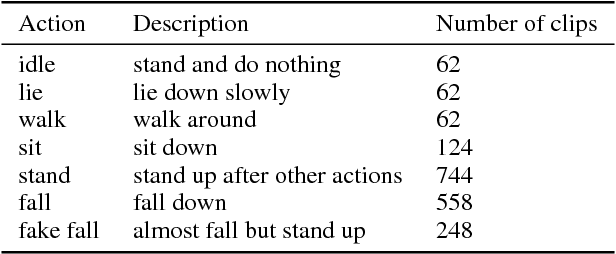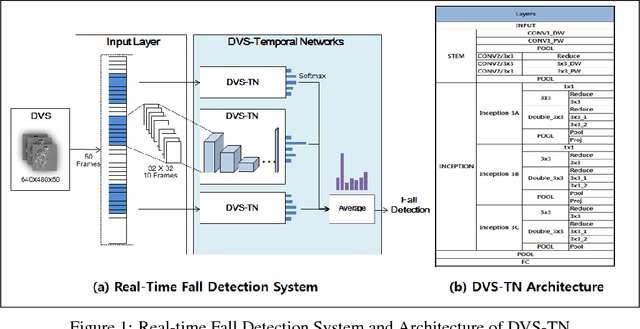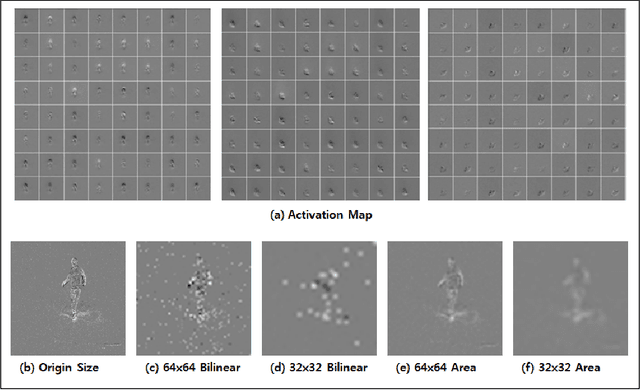Jooyoung Kim
Rethinking Evaluation Metric for Probability Estimation Models Using Esports Data
Sep 12, 2023Abstract:Probability estimation models play an important role in various fields, such as weather forecasting, recommendation systems, and sports analysis. Among several models estimating probabilities, it is difficult to evaluate which model gives reliable probabilities since the ground-truth probabilities are not available. The win probability estimation model for esports, which calculates the win probability under a certain game state, is also one of the fields being actively studied in probability estimation. However, most of the previous works evaluated their models using accuracy, a metric that only can measure the performance of discrimination. In this work, we firstly investigate the Brier score and the Expected Calibration Error (ECE) as a replacement of accuracy used as a performance evaluation metric for win probability estimation models in esports field. Based on the analysis, we propose a novel metric called Balance score which is a simple yet effective metric in terms of six good properties that probability estimation metric should have. Under the general condition, we also found that the Balance score can be an effective approximation of the true expected calibration error which has been imperfectly approximated by ECE using the binning technique. Extensive evaluations using simulation studies and real game snapshot data demonstrate the promising potential to adopt the proposed metric not only for the win probability estimation model for esports but also for evaluating general probability estimation models.
Embedded Real-Time Fall Detection Using Deep Learning For Elderly Care
Nov 30, 2017



Abstract:This paper proposes a real-time embedded fall detection system using a DVS(Dynamic Vision Sensor) that has never been used for traditional fall detection, a dataset for fall detection using that, and a DVS-TN(DVS-Temporal Network). The first contribution is building a DVS Falls Dataset, which made our network to recognize a much greater variety of falls than the existing datasets that existed before and solved privacy issues using the DVS. Secondly, we introduce the DVS-TN : optimized deep learning network to detect falls using DVS. Finally, we implemented a fall detection system which can run on low-computing H/W with real-time, and tested on DVS Falls Dataset that takes into account various falls situations. Our approach achieved 95.5% on the F1-score and operates at 31.25 FPS on NVIDIA Jetson TX1 board.
 Add to Chrome
Add to Chrome Add to Firefox
Add to Firefox Add to Edge
Add to Edge